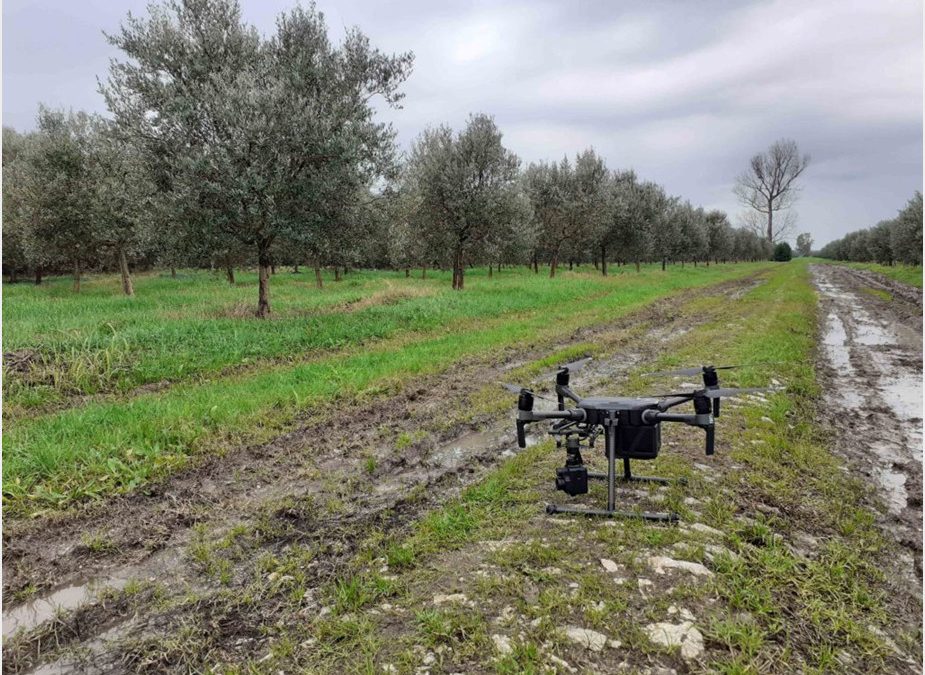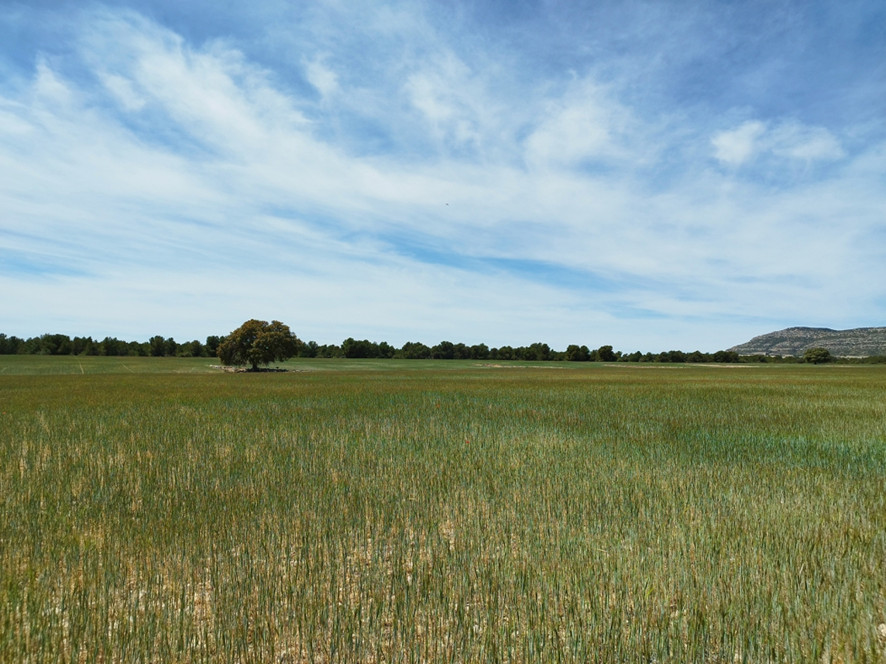Online tech conference “LifeResilience: the best sustainable practices”

LIFE Agromitiga adapts to and continues operating during the alarm state
2020-05-04
The LIFE Agromitiga project continues taking and analysing samples in the network of collaborating farms despite the state of alarm
2020-06-25Online tech conference "LifeResilience: the best sustainable practices"
Life Resilience, the project co-financed by the LIFE program of the European Union, whose main objective is: the prevention of Xylella fastidiosa on high-density olive and almond farms, held yesterday, May 11, the online tech conference "LIFE Resilience: the best sustainable practices”, in order to present and explain to more than 150 registered followers the best management practices and technologies which could help farmers raise crops sustainability.
The principal of the Upper Technical School of Agricultural Engineers (ETSIAM) of the University of Córdoba (UCO), Rosa Gallardo, was in charge of opening the conference and commented that "the current challenges the agriculture is facing will be overcome through a collaborative innovation ”. The LIFE Resilience project, like all those presented during that day, are a clear example of connection between companies, farmers' associations, universities and research centers.
The conference was attended by Luis Rallo, professor and senior fellow at UCO, who highlighted genetic improvement as a key measure to prevent Xylella and the advances in this research field, both in Italy and Spain, to obtain varieties tolerant to bacteria. Next, Jesús Gil, professor of the Agroforestry Engineering at UCO, presented the innovation techniques in the optimal application of phytosanitary products considering the strong restrictions that current regulations are marking. "A lot of effort has been made in order to make agricultural machinery with an adequate and optimal dosage," said Gil.
Next, the executive director of the Spanish Association for Conservation Agriculture. Living Soils (AEAC.SV), Óscar Veroz, highlighted the advantages of groundcovers, a fundamental topic in the LIFE Resilience project, what has generated important synergies with the project he is working on, LIFE Agromitiga. "The groundcovers allow sustainable agriculture what leads to a lot of benefits such as increasing organic matter, fertility, quality and water availability or the farm's biodiversity, reducing soil degradation and greenhouse gas emissions”, explained Veroz.
Finally, Jorge Blanco, R&D director of Greenfield Technologies, stressed the importance of improving soil efficiency, showing technology which can help farmers achieve this objective. As Blanco explained, “at LIFE Resilience we are applying these tools to create a model of best management practices, using the resources more efficiently and we will be able to monitor, through strategically selected georeferenced points, where to act and the impact that our measures have on a plant development, soil and even on the insect population”.
The LIFE Resilience project, in collaboration with 9 partners from Spain, Italy and Portugal, began in 2018 and will last until 2022 studying demonstration farms in these three countries.
Source: http://www.liferesilience.eu
This post is also available in: Español (Spanish)




